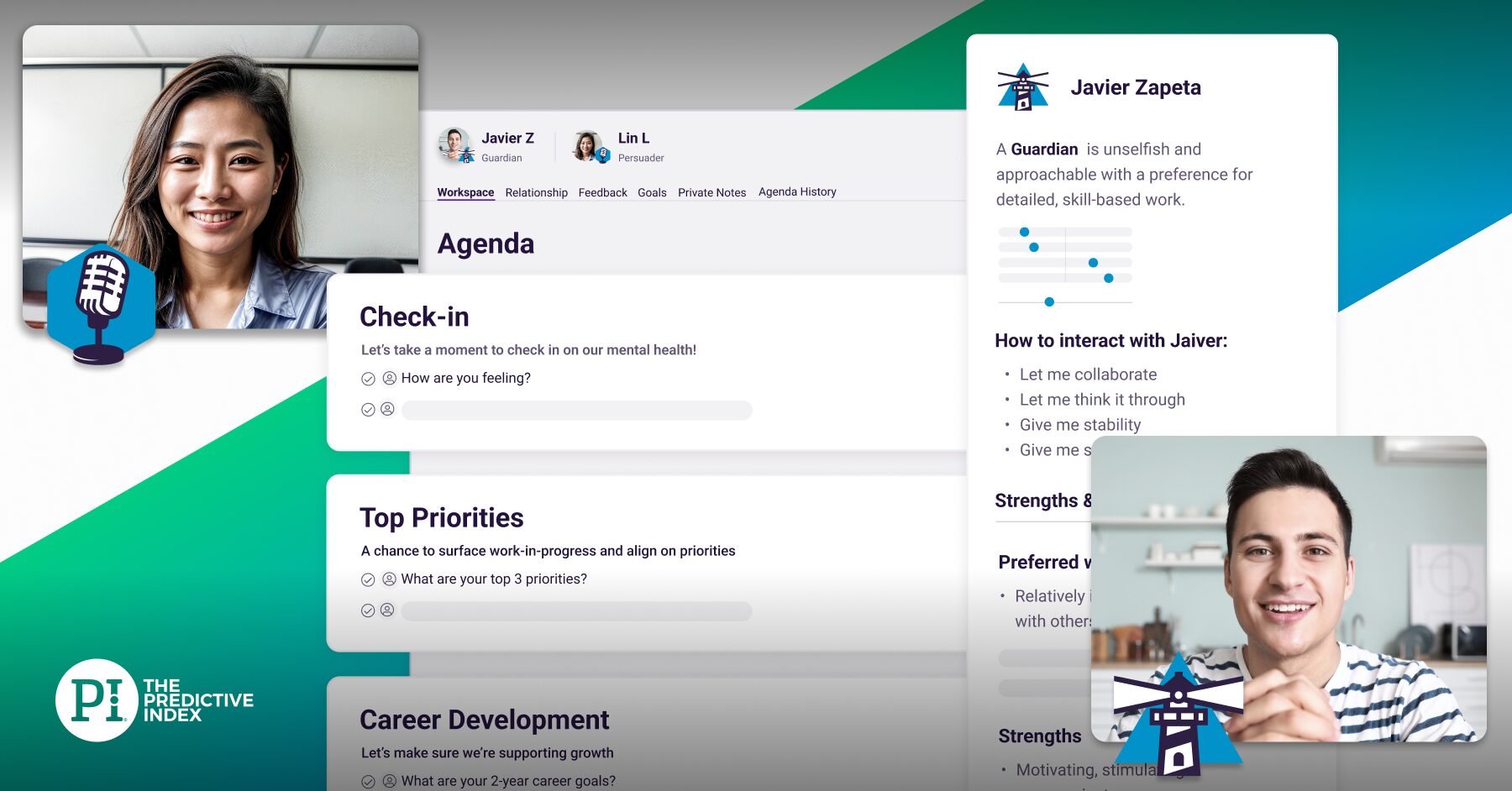“So tell me, why would you be a good fit for this position?”
You’ve probably asked this as filler question while you scramble to familiarize yourself with the candidate’s resume, who’s patiently sitting in front of you.
Don’t worry, you’re not the only hiring manager guilty of this.
However, most hiring managers don’t fully understand the actual power behind this interview question. What this seemingly basic question is really asking is: Are you self-aware and have you done your homework on the role?
Why this is an important interview question
An ill-prepared candidate might say something along the lines of: I’m a hard worker, I don’t take no for an answer, I’m a self-starter, I’m a team player, etc. I could go on with a litany of buzzwords but you get the picture. These generic answers are what many candidates think you want to hear, but in actuality, are warning signs. Why? Because it means the interviewee really hasn’t a clue what’s expected of them to fulfill the role properly.
To properly answer this type of question a candidate should have a strong grasp on the responsibilities of the role and come prepared with specific reasons why they can accomplish the role better than other candidates. They might even address a weak area they need to develop and give you ways they’ve compensated in the past.

The best answers to the interview question, “Why should we hire you?”
The candidate who best answers this question should be able to:
- Tell you what goals or milestones they’ve hit in the past that directly relate to the type of work they’ll be tasked with
- Produce accurate statements about the responsibilities of the role and how it relates to the industry
- Prove they truly understand how your business fits into the market and why this role will be important to the overall success of the company
- Articulate why your organization’s culture suits them
- Confidently address weak development areas they might have but give you solutions to how they plan to work around them
Ideally, you’ll have your candidates take a behavioral assessment prior to interviewing them. Why? Because you’ll be able to see if they understand their communication style and if they are aware of their strengths and weaknesses.
You could also use other variations of these interview questions:
- Why should we hire you for this position?
- What makes you the best candidate for the role?
- What relevant experience do you have for this position?
- Why should we choose you?

“They’ll tell you how they communicate best and will include strengths and weaknesses.”
If the candidate doesn’t answer the question to your satisfaction but you still like the candidate for other qualities, you might want ask one of these follow-up questions:
1.Tell me about a time you failed?
- Ideal response: A candidate who’ll tell you about a time he or she failed, why they failed, and what they learned in the process.
- Red flags to look for in the response: They say they’ve never failed and/or don’t actively tell you what they learned from the failure.
2. What’s the best way to interact with you on a team?
- Ideal response: They’ll tell you how they communicate best and will include strengths and weaknesses.
- Red flags to look for in the response: They’ll say they can communicate with everyone equally well.
“Make sure they do their research, and most importantly, asks you big-picture or hyper-specific questions.”
Improving your hiring process
For more interview ideas check out my post on how to assess candidates. It gives video examples from various hiring managers and business leaders from multiple industries.
Finally, regardless of how the candidate answers, you should most certainly leave time at the end of the interview for their questions.
1. Ideal responses: They should ask question about KPIs, goals, cross-department interactions, market positioning, and/or future company endeavors.
2. Warning signs: They don’t ask any questions or they’ll ask questions about irrelevant job perks, things that were detailed in the job description, and/or could have easily been understood from your company’s website.
Tracie Sponenberg, SVP HR at the Granite Group stresses the importance of listening for questions that required a bit of research from the candidate:
If you decide to ask someone to describe why they would be a good fit for a position, you should make sure they aren’t simply responding with things they think you want to hear, but rather with a thought-out list of reasons. Make sure they do their research, and most importantly, asks you big-picture or hyper-specific questions (depending on the role). You should never hire someone who doesn’t ask you questions.
If you’re currently hiring, I’d highly recommend you test out our job targeting tool. It allows you to set a Job Target for candidates prior to interviewing them and quickly see if their natural behavioral pattern will work well for the role, making screening candidates a breeze.








